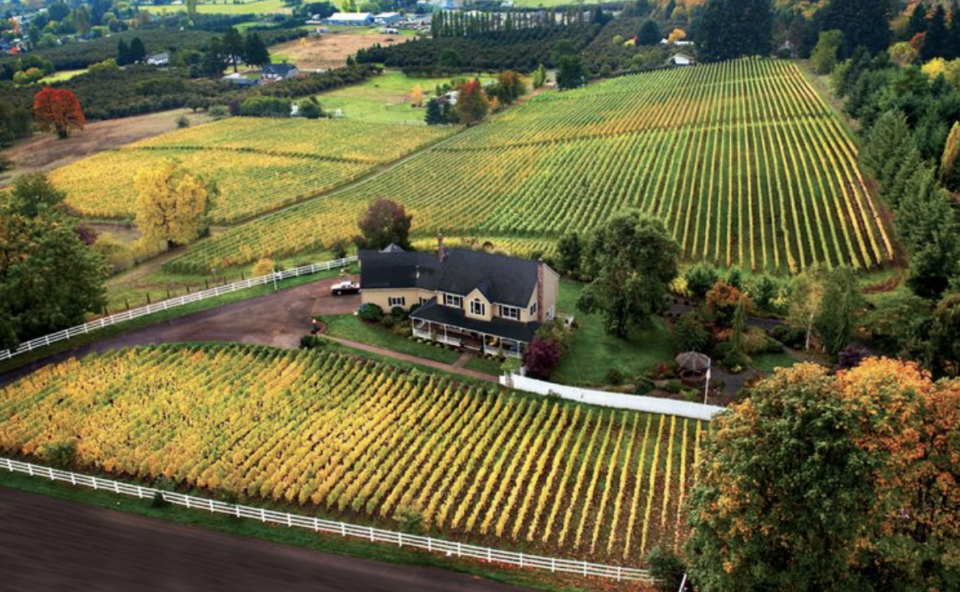When Katie Jackson and Shaun Kajiwara unveiled their luxurious boutique hotel, Tributary, in McMinnville, nestled in Oregon’s Willamette Valley, they made a bold statement. With properties like Meadowood and Auberge du Soleil celebrating nearly six decades and four decades of high-end hospitality in Napa Valley, their vision marked a substantial bet on McMinnville’s future as the epicenter for Oregon wine country visitors. Jackson, who oversees sustainability operations for Jackson Family Wines, the ninth-largest wine company in the United States, shared that McMinnville reminded her of Healdsburg from two decades ago. This signals a significant transformation as the region evolves into a luxury destination.
Tributary’s offerings, including rooms priced at around $1,000 per night (the highest in the Willamette Valley) and Okta, their ambitious farm-to-table flagship restaurant with a chef’s tasting menu and wine pairings priced at $485, reflect the potential for a Napa-style transformation. Luxury investment is on the rise, prompting comparisons to the “Napafication” of the region, similar to what SingleThread initiated in Healdsburg. SingleThread and Tributary share intimate inns with a focus on exceptional dining and accommodation, and both aspire to attain the coveted three Michelin stars.
The increasing parallels between Willamette Valley and Napa lead to a crucial question: Is Willamette undergoing its own “Napafication,” and is this transformation beneficial? As Oregon Pinot Noir gains prominence, with a 3% volume increase in 2022, it’s unsurprising that Napa and Sonoma’s major players are showing interest. They are investing in Willamette Valley vineyards, and even Burgundian wineries have recognized its potential. However, Willamette has several factors that could set it on a different path than Napa and Sonoma. The commitment to preserving land for agricultural use, the difference in urban density, and the accessibility from nearby cities like Portland could all contribute to a more sustainable form of wine tourism.
The promise of a downtown-driven wine country transformation, as seen in places like McMinnville, offers a viable alternative to unchecked development. Local winemakers appreciate investments in downtown areas, highlighting the need to protect the farmland from becoming overdeveloped tourist destinations. There’s a consensus that thoughtful investment in areas like downtown McMinnville is the way forward. Despite concerns about the “Napafication” of the Willamette Valley, a balance can be struck to maintain its agricultural heritage while boosting tourism, benefiting local businesses and winemakers. Responsible and respectful development is the key to preserving the region’s unique character and traditions.

